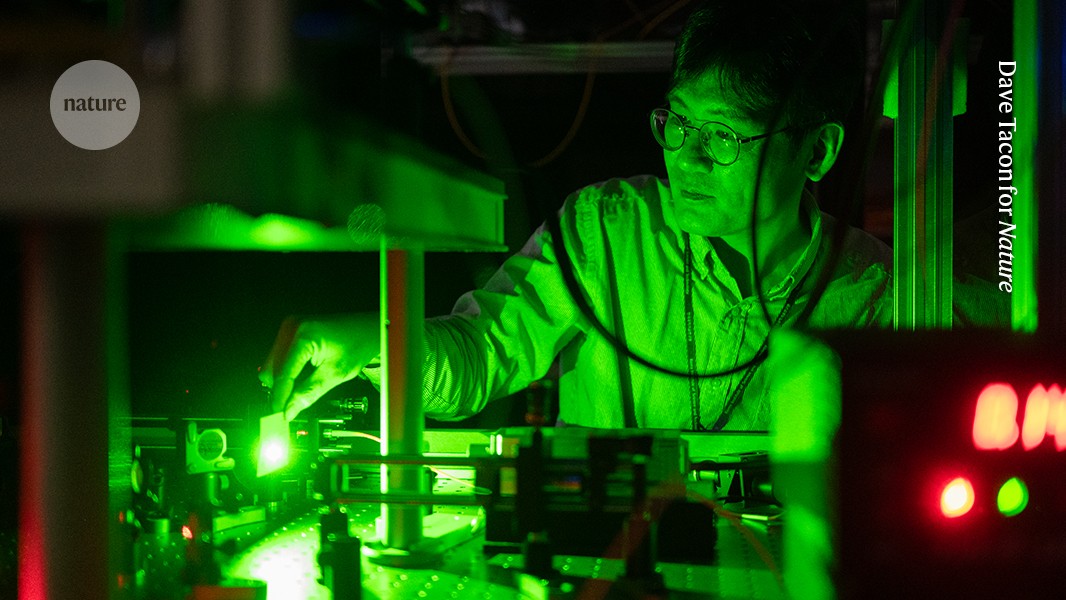My work on quantum computing aims to solve the world’s most complex problems

Sang-Wook Han hopes that the technology will spark innovations in materials science, drug development, finance and defence
“I work at the Korea Institute of Science and Technology (KIST) in Seoul, where I run our quantum-technology centre. KIST was South Korea’s first government-funded institute, founded more than 50 years ago. Our research has contributed greatly to the South Korean economy and, in recent years, quantum technology has become one of our major focuses.
We research various fields, including quantum cryptography, which can, in theory, create unhackable communications. Our priority is to design and manufacture quantum devices such as sensors, chips and computers.
I think that quantum computers will help to solve the world’s most complex problems. These machines will be able to do massive computations that were impossible with conventional methods, sparking innovation in materials science, drug development, finance and defence. But it will take time for quantum computers to be manufactured on an industrial scale. I think it will be more than five years, but some physicists say that it will take more than a decade. Right now, only a few dozen quantum computers exist for commercial use. Most, such as the one we have at KIST, are experimental prototypes.
Enjoying our latest content?
Login or create an account to continue
- Access the most recent journalism from Nature's award-winning team
- Explore the latest features & opinion covering groundbreaking research
or
Sign in or create an account Continue with Google
Continue with Google
Nature 637, 756 (2025)
doi: https://doi.org/10.1038/d41586-025-00060-z
This interview has been edited for length and clarity.
This story originally appeared on: Nature - Author:Dave Tacon


















